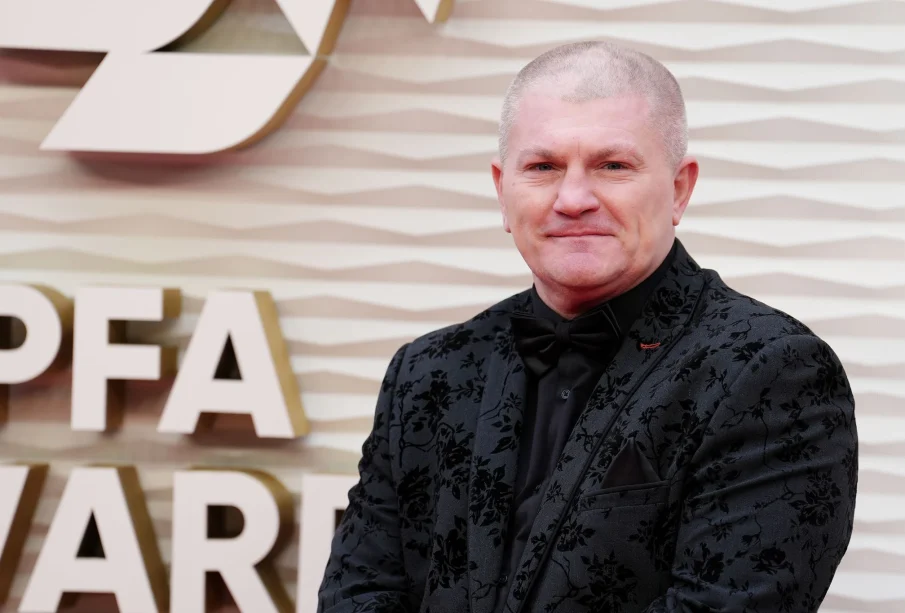Ricky Hatton: A Look at the Boxing Legend’s Legacy

Introduction
Ricky Hatton, a name synonymous with British boxing, has left an indelible mark on the sport since his professional debut in 1997. With a stellar career that includes multiple world title victories and a vast fan following, Hatton’s journey from a humble start in Manchester to global fame is both inspiring and significant. His contributions to boxing extend beyond the ring, influencing a new generation of fighters and sports enthusiasts.
Career Highlights
Ricky Hatton turned professional at the age of 20 and quickly earned a reputation as a fierce competitor. He captured his first world title in 2005 when he defeated the WBA light-welterweight champion, Kostya Tszyu, which set the tone for an illustrious career. Over the years, Hatton went on to win multiple championships across different weight classes, most notably becoming the IBF and IBO light-welterweight champion, and the WBA welterweight champion.
His epic bout against Floyd Mayweather Jr. in 2007 is still considered one of the most memorable fights in boxing history, despite Hatton suffering a loss. The fight not only showcased his tenacity but also solidified him as a global boxing icon.
Comeback and Recent Activities
After retiring in 2012, Hatton faced personal challenges, including battles with mental health and substance abuse. However, he has emerged as a prominent advocate for mental health awareness within sports. In recent years, he has worked to mentor younger boxers, providing guidance on both the physical and emotional aspects of the sport.
Furthermore, Hatton has actively participated in charity events and has used his platform to promote positive messages about health, fitness, and resilience, proving that his influence extends well beyond boxing.
Legacy and Impact
Ricky Hatton’s legacy is characterised not only by his achievements inside the ring but also by his work outside of it. His ability to engage with fans and promote the sport of boxing has helped to maintain its popularity in the UK. His journey illustrates the complexities of fame, as he candidly shares his struggles and triumphs.
Conclusion
As Ricky Hatton continues to contribute to the world of boxing and advocate for mental health, his story serves as a reminder of the challenges athletes often face. For fans and aspiring boxers, Hatton’s life exemplifies determination, resilience, and the importance of giving back. With his ongoing involvement in the sport, the boxing community eagerly anticipates what this beloved champion will do next in shaping the future of boxing.









